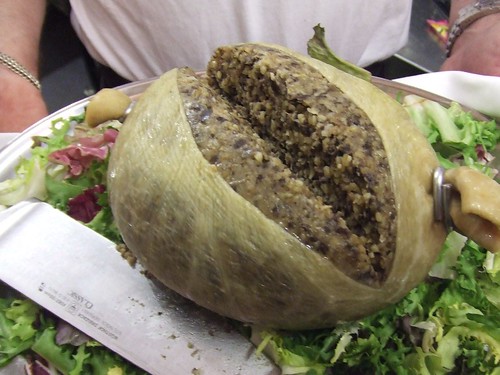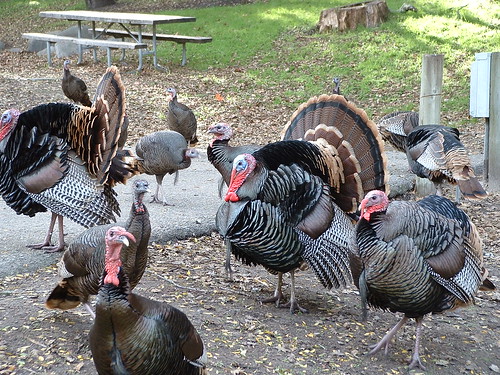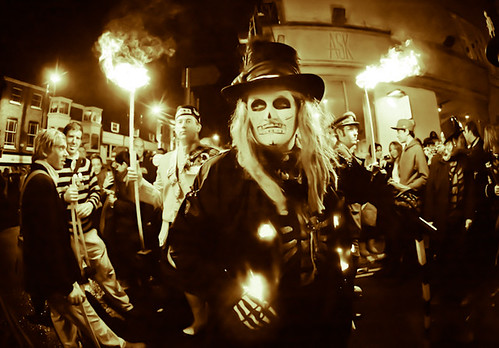Easter is right around the corner, and you know what that means: a visit from the Easter Coney.
Don’t know what a coney is? Neither did we, at first. The word rabbit once only referred to rabbit young, according to the Online Etymology Dictionary. An adult rabbit was called a coney, which ultimately coming from the Latin cuniculus, “like a rabbit.” (Cuniculus also refers to “a small underground passage,” similiar to rabbit burrows, and “a genus of lemmings,” so-called because they “somewhat resemble small rabbits.”) Coney got dropped for rabbit in the 19th century after “British slang picked up coney as a punning synonym for cunny,” a word for a certain female body part. You can still see coney in use today in Coney Island, aka “Rabbit Island,” named because of its “many and diverse rabbits.”
Many and diverse also are rabbit idioms. In cricket, a rabbit is “a very poor batsman.” In running, it’s “a runner who intentionally sets a fast pace for a teammate during a long-distance race,” perhaps named for the artificial rabbit in dog racing. A rabbit punch isn’t a punch from a rabbit but “a chopping blow to the back of the neck,” so-called “from resemblance to a gamekeeper’s method of dispatching an injured rabbit.”
Rabbit food refers to “vegetables, especially those that are raw.” To rabbit on is to “talk in a noisy, excited, or declamatory manner,” and is a shortening of Cockney rhyming slang, rabbit and pork. Rabbit rabbit is “a common British superstition,” in which one must say, “Rabbit, rabbit, white rabbit,” or some variation thereof, “upon waking on the first day of each new month,” to receive good luck for that month.
As for bunny, it first came around in the 1580s meaning “squirrel,” then in the 1680s become a pet name for rabbit. The word may ultimately come from the Scottish bun, “tail of a hare.” (Bun meaning a roll or biscuit may come from the Old French buignete, “a fritter,” which originally meant “boil, swelling.”) The bunny hug is “a syncopated ballroom dance” made popular in the U.S. in 1912.
The bunny hop is another type of dance, “created at Balboa High School of San Francisco in 1952.” A Playboy Bunny is a waitress at Hugh Hefner’s Playboy Club, while a badge bunny is “a woman who is romantically attracted to police officers.” Under most of our beds are dust bunnies, “a mass of fine, dry particles of matter, especially hair and skin particles, that is formed by static electricity,” named presumably for their fluffy, bunny-like appearance. An older term for dust bunny is beggar’s velvet.
If you want to get all scientific, there’s lagomorph, “any of various plant-eating mammals having fully furred feet and two pairs of upper incisors.” The word comes from the Greek lagos, “hare,” literally “with drooping ears.” Lagos also gives us lagotic, “rabbit-eared,” and related is lax, “slack, loose, relaxed.”
Rabbit fur is lapin, “especially when dyed to imitate a more expensive fur,” and is an alteration of the Old French lapriel. Civet is “a stew, usually of rabbit or hare, flavored with onion, cives, garlic, or the like,” and may ultimately come from an Arabic word meaning “cream.” Gibelotte is another type of rabbit stew originating from France, and translates as “fricassee of game.”
A fricassee is “a dish made by cutting chickens, rabbits, or other small animals into pieces, and dressing them with a gravy in a frying-pan.” The word probably comes from the French frire, “to fry,” plus casser, “to break, crack.” Meanwhile, Welsh rabbit, also known as Welsh rarebit, isn’t rabbit at all but a dish of “melted cheese over toasted bread, flavored in various ways, as with ale, beer, milk, or spices.” Welsh was “used disparagingly of inferior or substitute things,” while rabbit, according to World Wide Words, “is here being used in the same way as ‘turtle’ in ‘mock-turtle soup’, which has never been near a turtle, or ‘duck’ in ‘Bombay duck’, which was actually a dried fish called bummalo.”
And in case you’re wondering what the heck rabbits have to do with Easter anyway, Discovery News says the origin of the Easter rabbit “can be traced back to 13th century, pre-Christian Germany, when people worshiped several gods and goddesses,” including Eostra, “the goddess of spring and fertility,” whose symbol “was the rabbit because of the animal’s high reproduction rate.” As for Easter eggs, they “represent Jesus’ resurrection.”
We hope you enjoyed this trip down the rabbit hole of rabbit words. Now excuse us while we revive ourselves with bunnies of the chocolate variety.
[Photo: “Raving Rabbids,” CC BY 2.0 by Ken’s Oven]

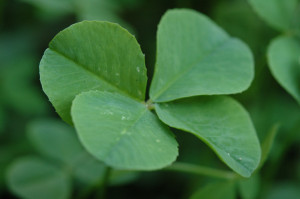

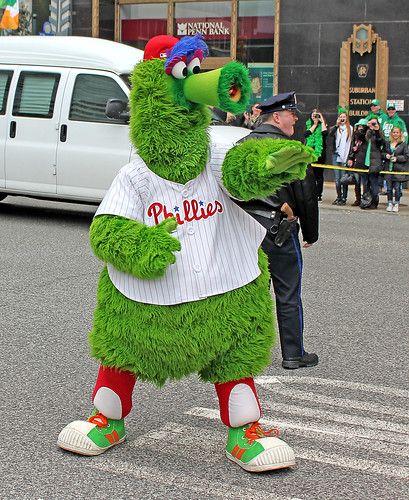
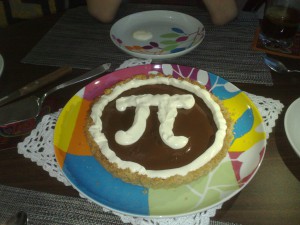
![Clark's O. N. T. Spool Cotton [front]](https://c1.staticflickr.com/3/2838/9564246640_a389961bd6.jpg)
